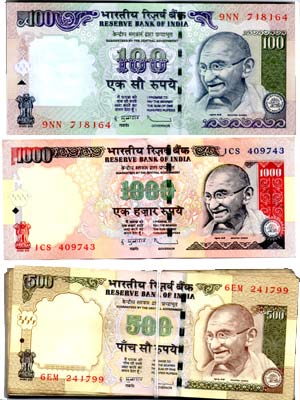| Chennai India | Transport | Chennai Real Estate | Home Issues | Education | Destination | Recreation | Chennai Hotels | Cars in India |
|
Money
India Life Insurance
Chennai Real Estate Trend
Chennai Real Estate
Chennai Real Estate Prices
Succession Certificate
Allotment Letter
Systematic Investment Plan
Public Provident fund
Home Loans India
Types of Home Loans
Home EMI Payment
Car Loans India
Educational Loans
Mutual Funds
Indian Mutual Funds
Unit Linked Insurance Plan
Income Mutual Funds of India
Capital Gains
Growth Mutual Funds of India
Equity-linked Savings Schemes
DEMAT Account India
Online Tax Filing
Retirement Planning
Hedge Funds in India
|
When you sell an investment, be it land or stocks or a business, at a price higher than that of procurement, the gain is called capital gains. Capital gain is calculated on one-time sale and not on recurrent income such as rent.
Typically capital gains occur when you sell house, land or farmhouses, paintings etc. There is no capital gain on the proceeds of sale of bonus shares. Here the cost of the bonus shares is taken as nil. Capital gains are categorized as: Long Term Capital Gains (LTCG) Long term capital gains are taxed at 20%. Since inflation reduces the asset value over time, the entire difference between purchase price and selling price is not considered for LTCG. Indexation allows you to inflate the purchase price of the asset. This is done based on the inflation index provided by the Government for each year. The inflation index helps you to adjust the purchase price of the asset against the inflation over the years. With this, the asset price is brought on par with prevailing market price. You can be exempted from long term capital gains if the profits of the sale of a residential house are reinvested in another residential house. Also, if the gains are invested in notified bonds, individuals can claim exemption from long term capital gains. The reinvestment must be done within prescribed time and there are certain conditions to it. When calculating LTCG, certain expenditure related to improvement of the capital asset as well as that relating to its sale and transfer is deducted. Cost inflation Index
Short term capital gains (STCG) |
 |
||||||||||||||||
|
|
||||||||||||||||||